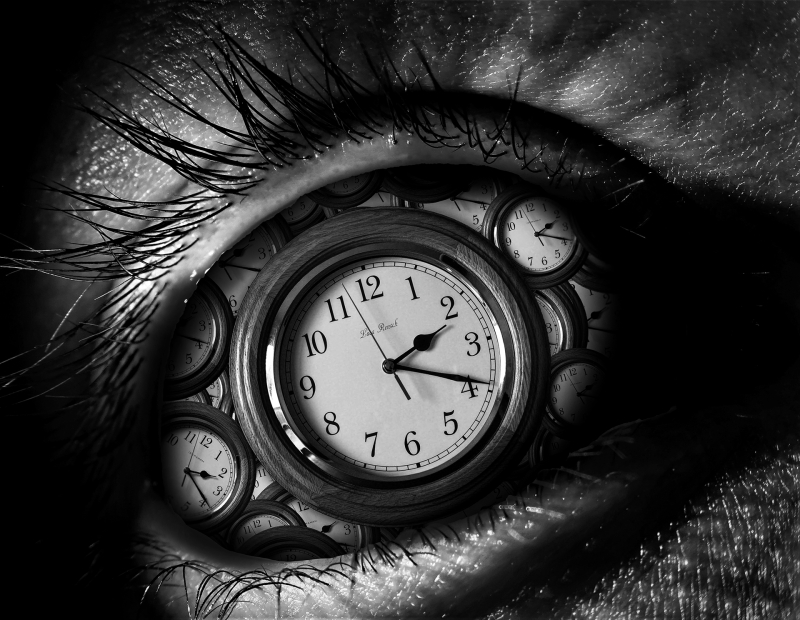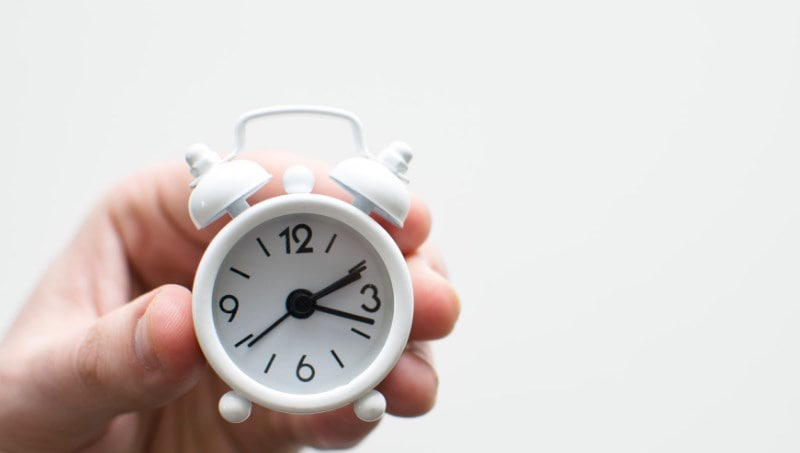Keeping Time
Circadian rhythms, which occur in the organism in 24-hour cycles, are present throughout the entire tree of life. Animals that are active at night utilize them to detect daylight without having to venture outside and risk their lives. Numerous flowers that respond to light operate on circadian cycles, with some even adjusting to seasonal changes.
The suprachiasmatic nucleus, or SCN, is a region of the subconscious brain that regulates a master clock that controls many critical human activities like emotions, sleep, and appetite. We don't know much about the other cycles, particularly the ones that have an impact on our mood, aside from the sleep-wake cycle. They are mostly controlled by the amount of light that enters the eyes, but they are also influenced by genes, social interaction, stress, and exercise, among other things.












